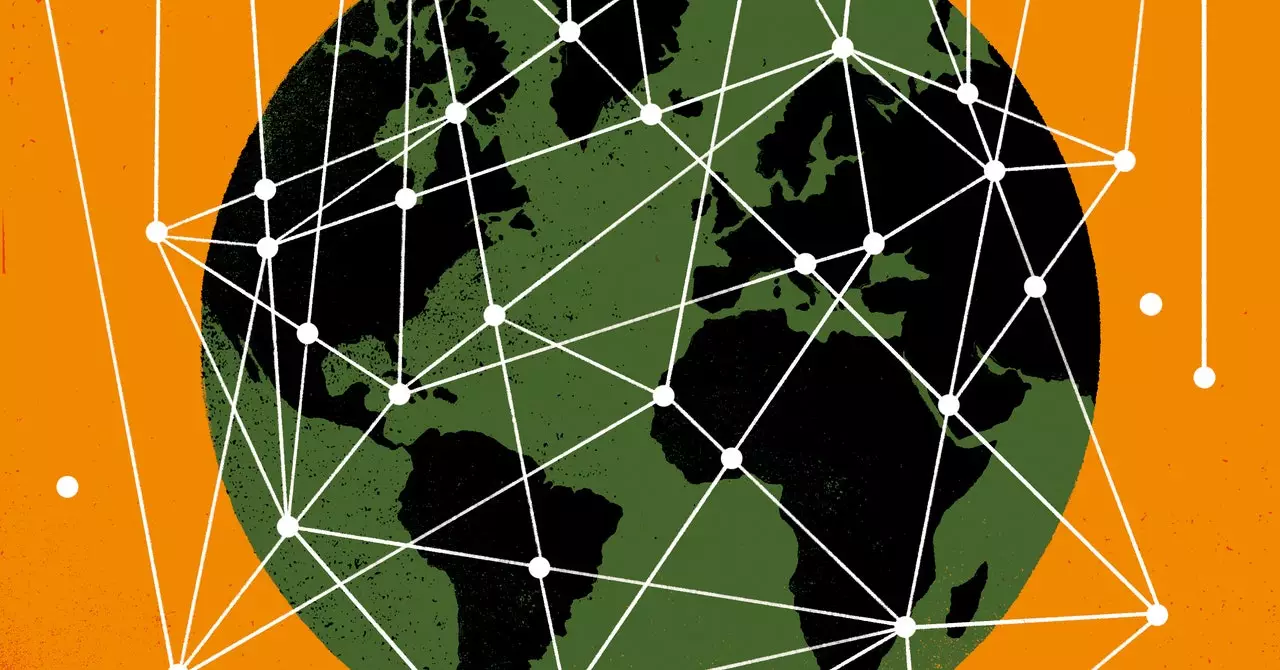The landscape of artificial intelligence (AI) has experienced profound transformations, particularly after the emergence of groundbreaking technologies like ChatGPT. Broadly speaking, the narrative surrounding AI has oscillated between being seen as a revolutionary force with immense potential and a threat of existential proportions. In 2023, this dichotomy became even more pronounced as leading figures in technology, including notable personalities such as Elon Musk and Steve Wozniak, raised alarms over the potential dangers of AI. Their call for a six-month moratorium on advanced AI training programs reflects a growing apprehension about the unbridled development of AI systems, suggesting that policymakers are grappling with their responsibilities amidst the rapid technological progress.
In this climate of anxiety, some commentators express concerns that AI could lead to unprecedented societal upheaval akin to scenarios related to nuclear warfare or pandemics. It is within this context that political leaders have often found themselves tethered to shortsighted, reactive strategies, steering the global discourse on AI toward nationalistic tendencies and fears.
Our understanding of AI’s geopolitical implications reveals a disturbing shift towards nationalism. Take, for example, China’s 2017 declaration under President Xi Jinping that the nation aspires to be an AI superpower by 2030, a mission further encapsulated by its ambitious “New Generation AI Development Plan.” This strategic roadmap sets the goal of achieving a “world-leading level” of AI innovation by 2025—a target that has sparked significant countermeasures from other countries, particularly the United States. The CHIPs and Science Act of 2022 exemplifies this nationalistic response, with policies designed to restrict semiconductor exports to China, a move intended to consolidate American dominance in AI technology.
Furthermore, restrictions on investments in Chinese AI initiatives released by the Biden administration demonstrate an intention to contain China’s AI ambitions, framing the issue as an outright competition rather than a collaborative challenge. Consequently, this has positioned AI as a battleground where nations vie for supremacy instead of working together to harness AI’s benefits for global good.
To navigate the complexities of contemporary AI nationalism, global leaders would benefit from reflecting on historical lessons, particularly those from the Cold War era. During this tumultuous period, the U.S. not only sought technological advancement but also engaged in thoughtful diplomacy that advocated for a collective approach to shared challenges. Space exploration became a pivotal focal point, culminating in international agreements that prohibited the militarization of space, underscoring its status as a realm for all humanity rather than a contested territory.
This level of proactive political leadership and vision has been glaringly absent in the realm of AI. As nations increasingly define AI as a zero-sum game, the potential for collaborative insights and shared policies diminishes, taking us further away from the aspirational dialogue that characterized earlier breakthroughs in international relations.
Looking ahead to 2025, there are promising signs that the prevailing attitude towards AI may begin to pivot towards cooperation and diplomacy. One significant event on the horizon is the AI Summit planned in France, where President Macron’s intention to redefine the discourse from a ‘safety-first’ approach to one focusing on ‘solutions’ and ‘standards’ offers a hint of changing tides. This re-framing indicates a desire to broaden the conversation surrounding AI to include practical policy measures that can facilitate societal benefit.
Furthermore, the United Nations has recognized the necessity for inclusive dialogue, initiating efforts designed to integrate previously marginalized countries into the AI conversation. Diplomatic overtures between the U.S. and China, through bilateral channels aimed at discussing AI, represent another important step toward easing geopolitical tensions. While the outcomes of these initiatives remain to be seen, they herald a new willingness among some of the world’s foremost AI superpowers to engage in collaborative discussions.
As the world stands on the brink of 2025, a more cooperative approach to AI governance appears not only advisable but essential. The existing patterns of nationalism can stymie the immense potential of AI to address global challenges. By prioritizing diplomatic engagement, nations can work collectively to ensure that AI serves as a tool for good, creating inclusive and beneficial outcomes for societies worldwide. Only by embracing a spirit of international cooperation can we hope to navigate the complexities of this transformative technology and its implications for our shared future.

